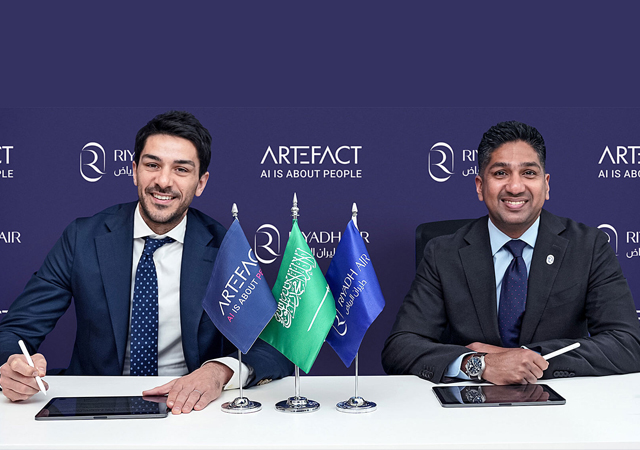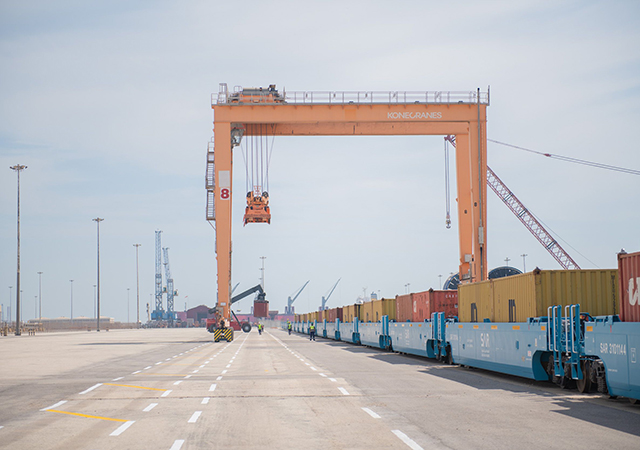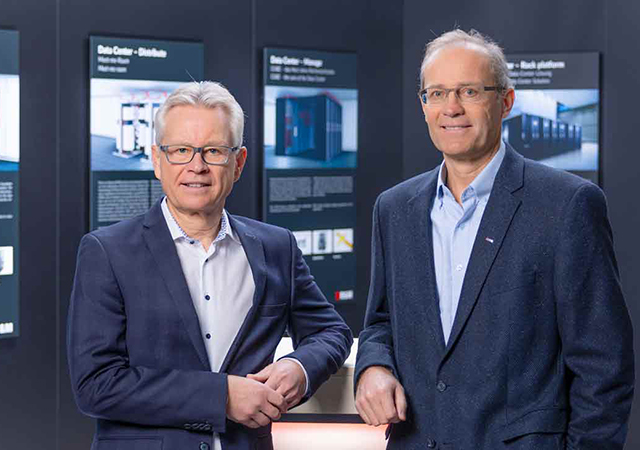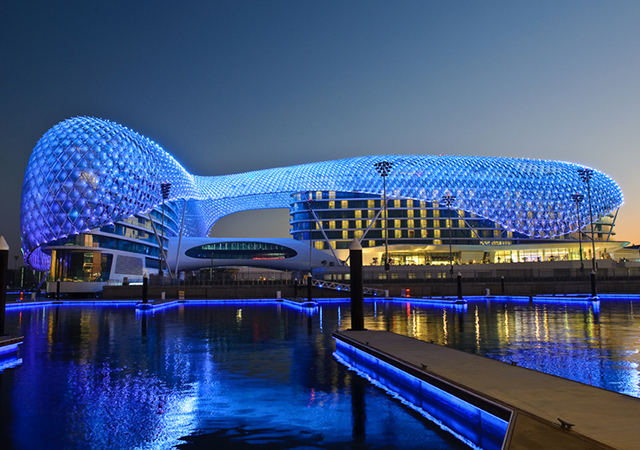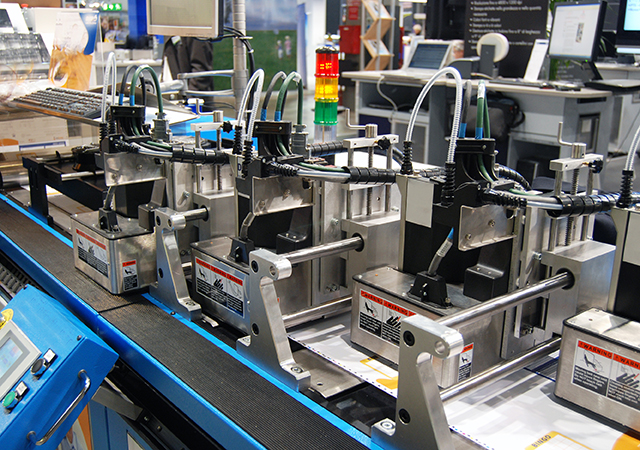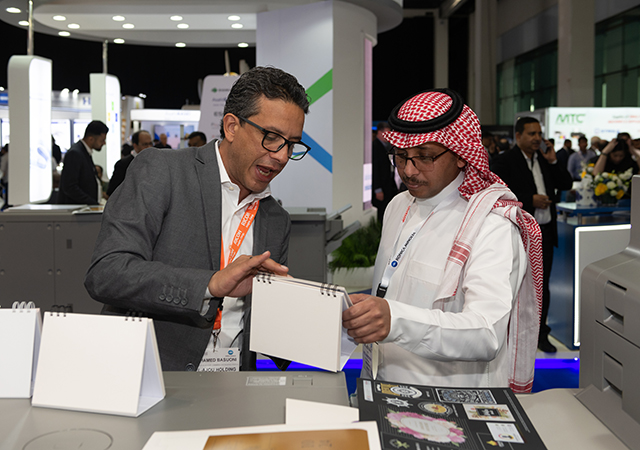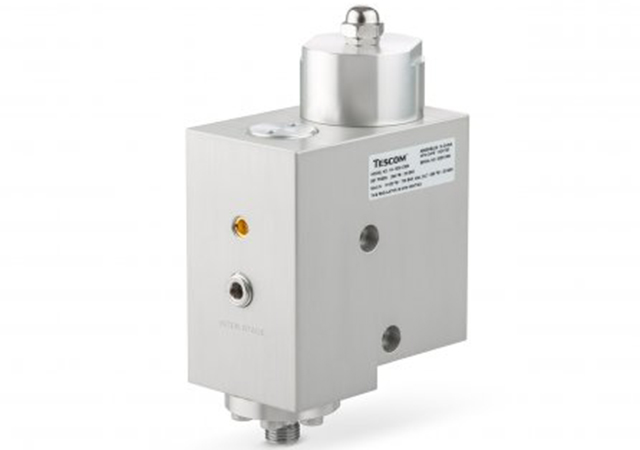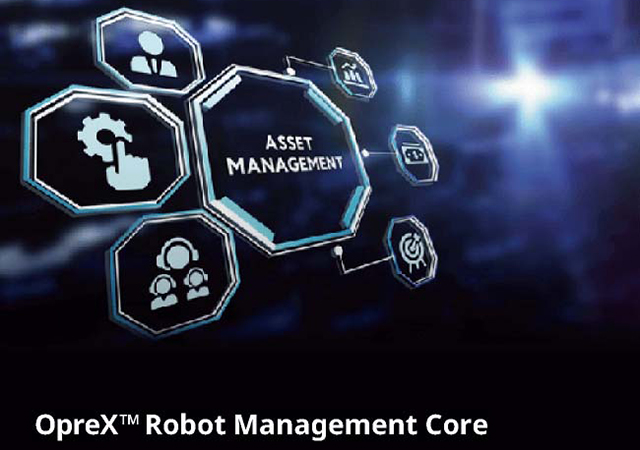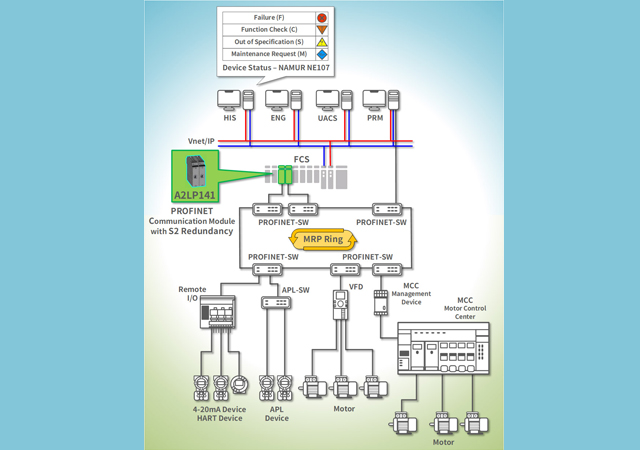
 The DIFC: an organisation of great influence
The DIFC: an organisation of great influence
THE Dubai International Financial Centre (DIFC) Authority’s top financial official has called for a more effective channelisation of fast growing private wealth in the Middle East.
Rajesh Pareek, chief financial officer, DIFC Authority, stated: “The region’s financial sector requires the region’s policy makers to develop an indigenous financial asset management industry to encourage investment.” He estimated that private wealth in the Middle East and Africa would see annual growth of 6.5 per cent, reaching $7.2 trillion in 2018. That, Pareek said, represented both an opportunity and a challenge.
Speaking at the Middle East Investment Summit, he referred to DIFC’s role in developing an indigenous financial asset management industry to encourage investment in view of Dubai’s standing as a global financial hub connecting the region’s markets with the economies of Europe, Asia and the Americas.
DIFC is proud to be a key part of Dubai’s economic vision that is built on the ambition of shaping the emirate into an international financial capital, Pareek said. “The Middle East and North Africa is home to nine of the world’s largest sovereign wealth funds with assets of approximately $2 trillion.”
Arif Amiri, deputy CEO, DIFC Authority, commented: “Companies and financial firms are increasingly drawn to DIFC for its premium offering of an attractive and enabling location.
“Today, DIFC is proud to host most of the world’s top 25 banks, 11 of the top 20 money managers, nearly all the top 10 global law firms and seven top insurance companies. We will continue to serve as the business and financial hub connecting emerging economies with the developed markets.”
Amiri stressed that DIFC is strongly committed to consolidating its position as a financial powerhouse that offers the most attractive infrastructure, an enhanced legal and judicial framework, and investment-friendly laws.
“2014 was the most successful year for DIFC with an 18 per cent increase in the number of active registered companies operating within the centre. Today, more than 2,000 people are employed within the DIFC.”
The Middle East Investment Summit focused on investment opportunities and strategies in emerging markets. Convening the region’s top financial and banking institutions, fund managers, investment analysts and asset management firms, the event comprised panel discussions that explored evolving areas of interest in the investment space.
In other DIFC-related news, the centre hosted the second edition of the AIMA Middle East Hedge Fund Summit in association with Goldman Sachs Asset Management and Dalma Capital.
The event brought together on one platform star portfolio managers, institutional investors and economists, risk managers, business leaders and key members of the financial industry who debated macro trends, regional market developments and alternative investment opportunities for the year ahead.
“The summit provided an outstanding opportunity to develop relationships, to gain insights into successful strategies across industry segments and to learn from leaders who are transforming investment strategies,” said Amiri.
The DIFC also welcomed an official government delegation from Scotland to explore areas of collaboration with a particular focus on Islamic economy.
It was headed by Humza Yousaf, Scotland’s Minister for External Affairs and International Development.


